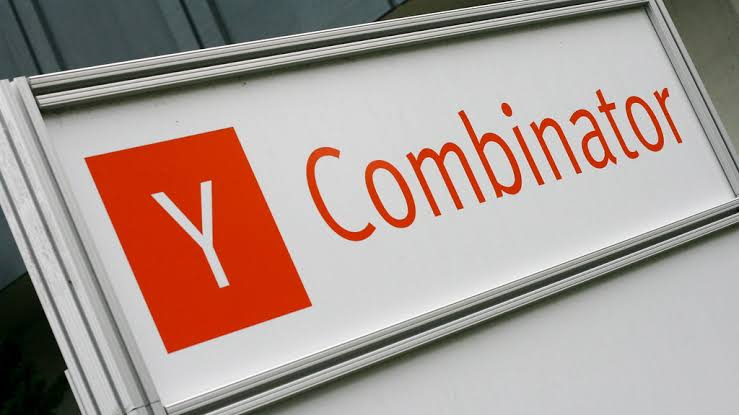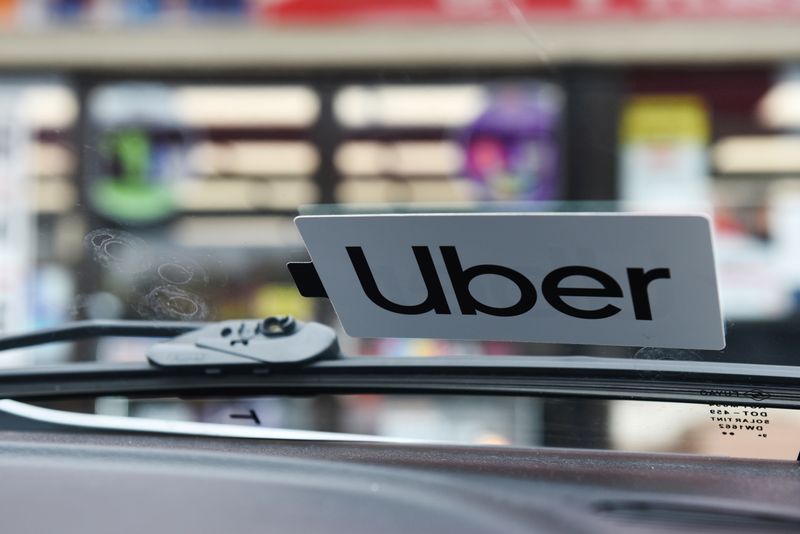 TheTechMedia.com/wp-content/uploads/2019/11/Y-combinator-featured-the-tech-portal-300×168.jpeg 300w” sizes=”(max-width: 739px) 100vw, 739px”>
TheTechMedia.com/wp-content/uploads/2019/11/Y-combinator-featured-the-tech-portal-300×168.jpeg 300w” sizes=”(max-width: 739px) 100vw, 739px”>Startup fundraising, after a massive bull run in 2021, is in an obvious downturn. Public markets globally, are in one of their worst bear run phases, which has had a direct impact on the ability of investors to take larger risks. Saying there is a startup fundraising crunch at the moment, will be an understatement to actual market conditions.
And while funding at seed and angel stage still goes on, it is startups who are raising larger sums — Series B/C and later — facing the ire. YC, the popular startup accelerator, has recognised the same, and has sent down an interesting, must-read letter to its portfolio founders. And while you read the full transcript of the letter below, a standout is this line, which says, “Things don’t look good.”
YC have advised founders to cut costs and plan smartly, in order to be prepared to survive through this economic downturn. Funding crunch is expected to only get worse in coming times, and newer startups that haven’t necessarily found a product/market fit should not expect any new funding to come their way and therefore plan their expenses accordingly.
“The safe move is to plan for the worst. If the current situation is as bad as the last two economic downturns, the best way to prepare is to cut costs and extend your runway within the next 30 days. Your goal should be to get to Default Alive,” the letter said. ‘Default alive’ is a term set in motion by Paul Graham, Co-founder of YC. A business is said to be ‘default alive’ if it can reach profitability with the capital it already has at constant current growth rate and current expenses. If not, then it is said to ‘default dead’. Essentially, the question is, by default, are you alive or dead?
The letter further shed light on how the competition among VC firms pans out in situations of economic downturn. Since VC funds have a tough time bringing in capital in the first place, and their limited partners (LPs, investors of a VC fund) expect safer, more on-point moves, most VCs slow down new investments. As the competition for deals among VCs gets loose, funding round sizes go down.
The letter added that international companies, hard tech companies, asset-heavy companies and high burn rate companies will be feeling the effects of the downturn disproportionately. A lot of stress has been laid upon managing expenses and keeping companies in a low-burn state.
YC advised founders that if they donot have runway to reach default alive state, they must readily latch onto any new funding coming their way from new or existing investors. The advisory added “If your plan is to raise money in the next 6-12 months, you might be raising at the peak of the downturn. Remember that your chances of success are extremely low even if your company is doing well. We recommend you change your plan.”
The startup atmosphere has been grim over the last month. Many startups have had mass layoffs in a bid to cut costs, and funding rounds have significantly decreased in size. Cars24 let go of 600 employees on Thursday. YC did convey optimism, saying that the companies that survive through tough times gain significant marketshare due to loss of competition.
The letter sent to founders, as reviewed by TheTechMedia, has been quoted below.
Greetings YC Founders,
During this week we’ve done office hours with a large number of YC companies. They reached out to ask whether they should change their plans around spending, runway, hiring, and funding rounds based on the current state of public markets. What we’ve told them is that economic downturns often become huge opportunities for the founders who quickly change their mindset, plan ahead, and make sure their company survives.
Here are some thoughts to consider when making your plans:
- No one can predict how bad the economy will get, but things don’t look good.
- The safe move is to plan for the worst. If the current situation is as bad as the last two economic downturns, the best way to prepare is to cut costs and extend your runway within the next 30 days. Your goal should be to get to Default Alive.
- If you don’t have the runway to reach default alive and your existing investors or new investors are willing to give you more money right now (even on the same terms as your last round) you should strongly consider taking it.
- Regardless of your ability to fundraise, it’s your responsibility to ensure your company will survive if you cannot raise money for the next 24 months.
- Understand that the poor public market performance of tech companies significantly impacts VC investing. VCs will have a much harder time raising money and their LPs will expect more investment discipline. As a result, during economic downturns even the top tier VC funds with a lot of money slow down their deployment of capital (lesser funds often stop investing or die). This causes less competition between funds for deals which results in lower valuations, lower round sizes, and many fewer deals completed. In these situations, investors also reserve more capital to backstop their best performing companies, which further reduces the number of new financings. This slow down will have a disproportionate impact on international companies, asset heavy companies, low margin companies, hardtech, and other companies with high burn and long time to revenue. Note that the numbers of meetings investors take don’t decrease in proportion to the reduction in total investment. It’s easy to be fooled into thinking a fund is actively investing when it is not.
- For those of you who have started your company within the last 5 years, question what you believe to be the normal fundraising environment. Your fundraising experience was most likely not normal and future fundraises will be much more difficult.
- If you are post Series A and pre-product market fit, don’t expect another round to happen at all until you have obviously hit product market fit. If you are pre-series A, the Series A Milestones we publish here might even turn out to be a bit too low.
- If your plan is to raise money in the next 6-12 months, you might be raising at the peak of the downturn. Remember that your chances of success are extremely low even if your company is doing well. We recommend you change your plan.
- Remember that many of your competitors will not plan well, maintain high burn, and only figure out they are screwed when they try to raise their next round. You can often pick up significant market share in an economic downturn by just staying alive.
- For more thoughts watch this video we’ve created: Save Your Startup during an Economic Downturn













